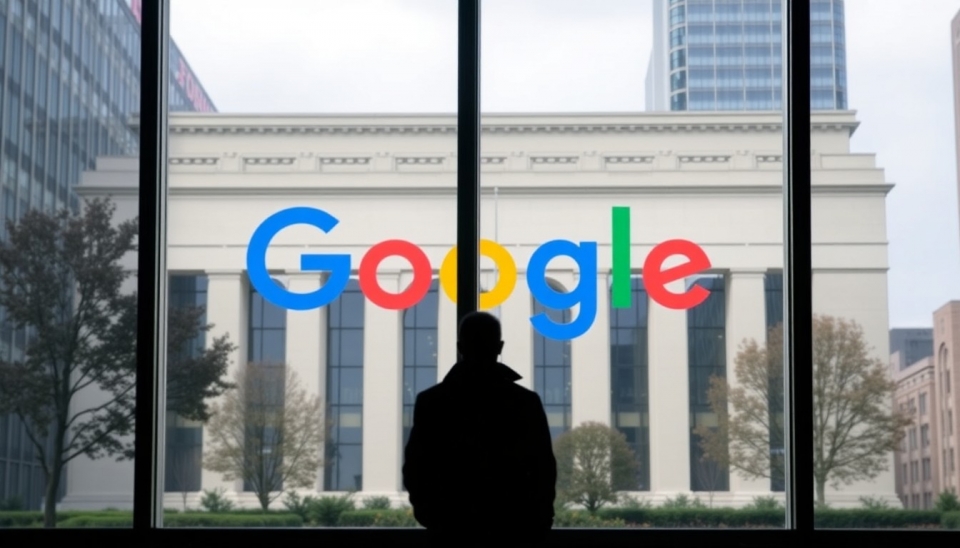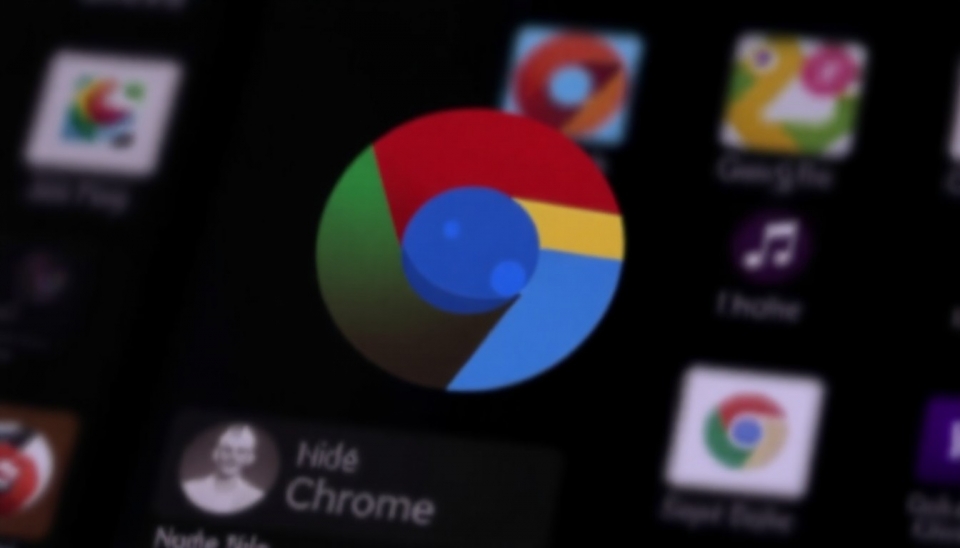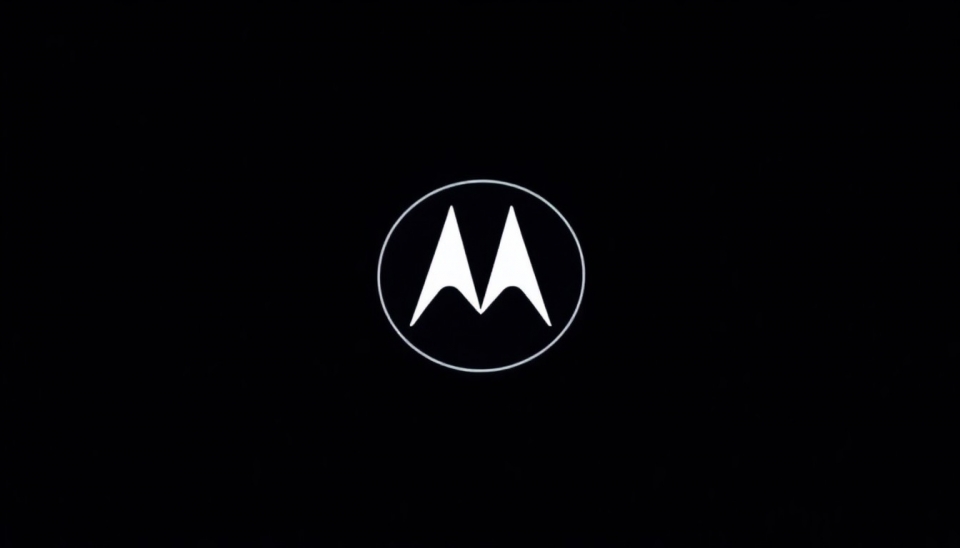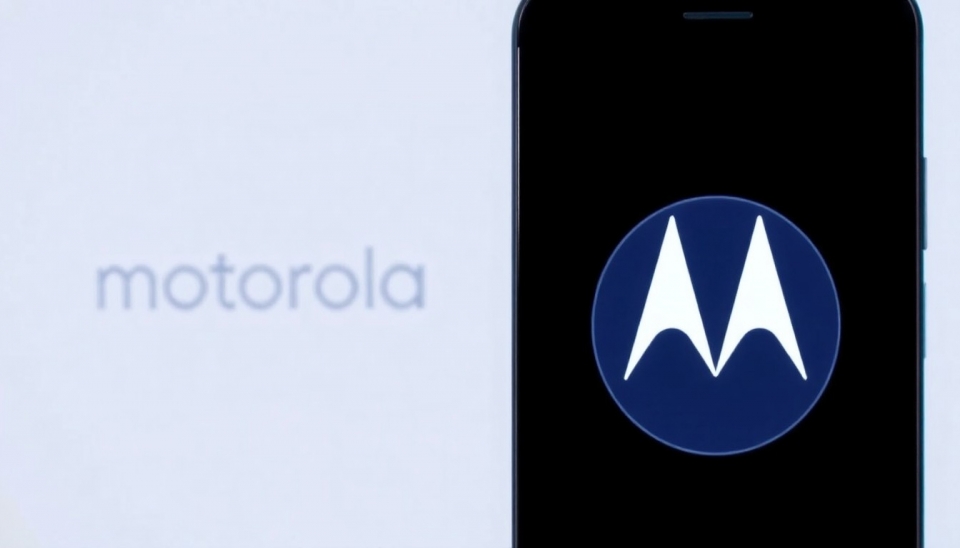
In a pivotal development in the ongoing antitrust litigation against Google, a U.S. District Court ruled that the tech giant is not entirely immune to claims related to its advertising technology practices. This decision marks a significant moment in the legal battle focusing on the influence and market practices of one of the world's largest technology companies.
The case, which has been gaining traction since it was first filed by the U.S. Department of Justice (DOJ), revolves around allegations that Google has engaged in anti-competitive behavior that undermines competition in the digital advertising space. The DOJ contends that Google's practices have stifled innovation and limited options for advertisers and publishers alike, effectively maintaining its monopoly over the online advertising market.
The court's ruling explicitly allows for certain claims to proceed, particularly those that accuse Google of leveraging its dominance in ways that harm competitors and distort the market landscape. This outcome suggests that the court recognizes potential validity in the DOJ's claims, providing a glimmer of hope for advocates pushing for reform in digital markets.
Stemming from a series of lawsuits that have targeted Google's business practices, the findings have broader implications for the technology sector as a whole, potentially influencing how digital advertising is conducted across the industry. With mounting scrutiny from regulators, Google now faces a more formidable challenge in navigating the legal landscape, as this ruling can set precedents for future cases against not just itself but other tech giants as well.
Furthermore, legal analysts indicate that this ruling could embolden other regulatory bodies around the globe to take similar actions. As the narrative of antitrust enforcement continues to unfold, it may signal a shift toward more aggressive stances against large technology firms perceived as monopolistic. Such trends could reshape the dynamics of technology and advertising industries moving forward.
Google, for its part, has expressed disappointment with the ruling and maintains its stance that its practices foster competition and innovation rather than constraining it. The company continues to argue that its advertising technologies contribute positively to the online ecosystem, providing tools that benefit both advertisers and publishers.
As this case progresses, the outcome remains uncertain, but the implications are clear: the evolution of antitrust enforcement in the tech industry is reaching new heights. Stakeholders across the advertising and technology sectors should closely monitor the developments as this high-profile case unfolds.
As this legal saga continues, both the DOJ and Google are expected to prepare for a protracted battle, with implications that could resonate throughout the technology landscape for years to come.
In summary, the court's recent decision signifies not just a setback for Google, but also underscores the growing legal scrutiny surrounding major tech companies, inviting a discourse on competitive practices in the digital age.
#Google #Antitrust #DigitalAdvertising #TechnologyNews #JusticeDepartment #Advertising #Monopoly #LegalBattle
Author: John Miller




